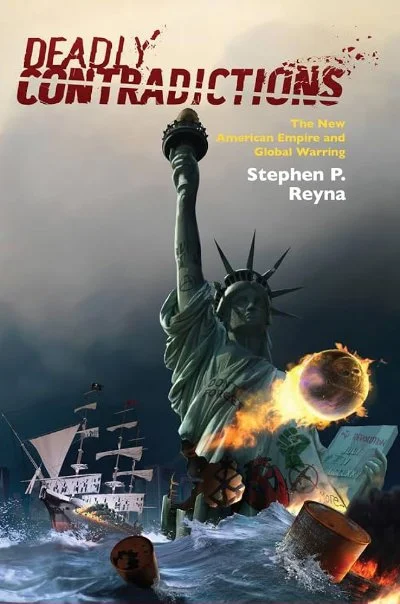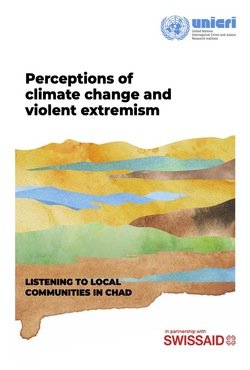WICKERSON, GRACE; BURTON, AUTUMN
The passage that follows includes several links embedded in the original text. From the document: "From August 2023 to March 2024, the Federation of American Scientists (FAS) talked with +'85 experts' to source '20 high-demand opportunity areas for ready policy innovation' and '65 policy ideas.' In response, FAS recruited '33 authors to work on +18 policy memos' through our 'Extreme Heat Policy Sprint' from January 2024 to April 2024, 'generating an additional +100 policy recommendations' to address extreme heat. Our experts' full recommendations will be published in April 2024; this report previews key findings. In total, FAS has collected '+165 recommendations for 34 offices and/or agencies.' Key opportunity areas are described below and link out to a set of featured recommendations. The accompanying spreadsheet includes the '165 policy ideas' developed through expert engagement. [...] America is rapidly barreling towards its next hottest summer on record. While we still lack national strategy, states, counties, and cities around the country have taken up the charge of addressing extreme heat in their communities and are experimenting on the fly. [...] While state and local governments can make significant advances, national extreme heat resilience requires a 'whole of government' federal approach, as it intersects health, energy, housing, homeland and national security, international relations, and many more policy domains. The federal government plays a critical role in scaling up heat resilience interventions through research and development, regulations, standards, guidance, funding sources, and other policy levers. 'But what are the transformational policy opportunities for action?'"
FEDERATION OF AMERICAN SCIENTISTS. JUN, 2024. 34p.





